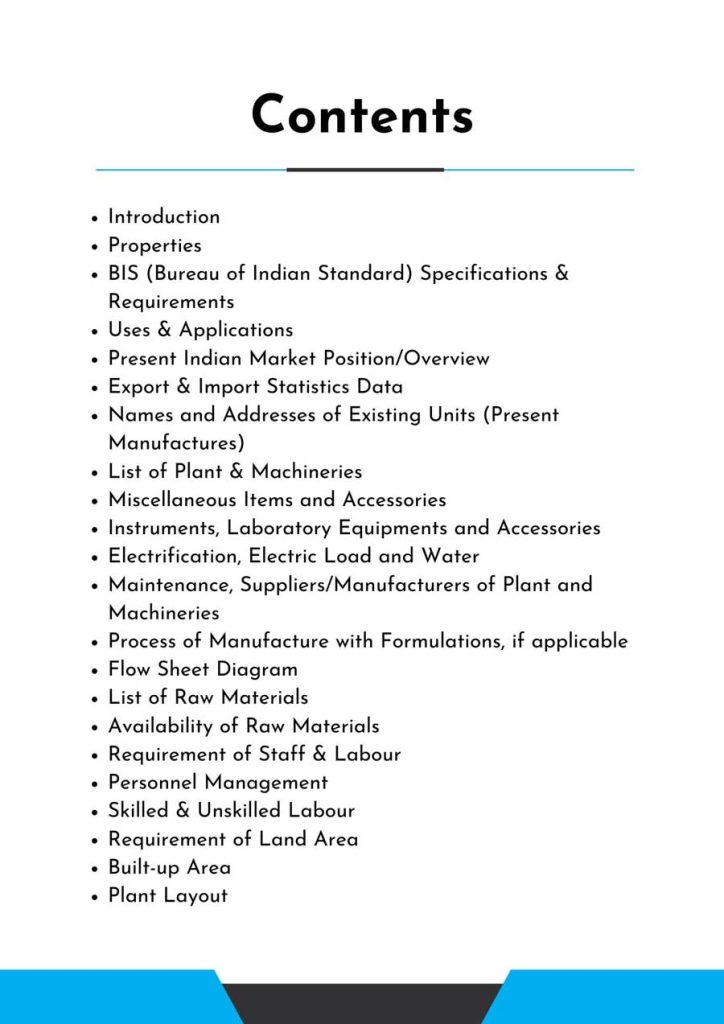Feasibility Report On Agricultural Warehousing
Agricultural warehousing refers to the storage and management of farm products to assure their safety, quality, and timely distribution. It improves supply chains by efficiently transporting crops, livestock feed, and equipment.
Introduction
Feasibility Report For Agricultural Warehousing.
Agricultural warehousing is the storage, administration, and distribution of farm products like grains, fruits, and vegetables. It protects quality, minimizes spoilage, and optimizes supply chain procedures to help farmers and distributors maintain market stability and meet demand.
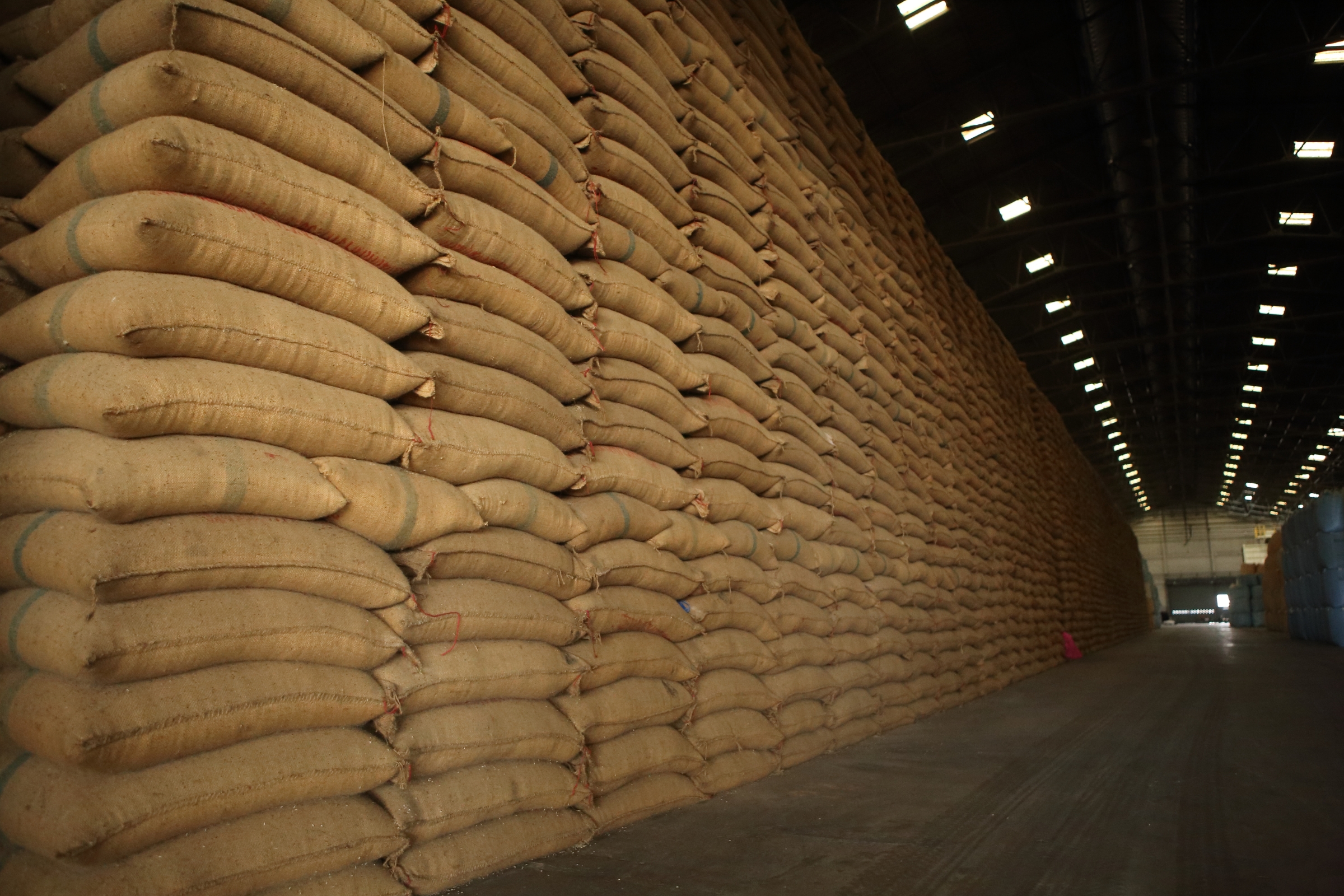
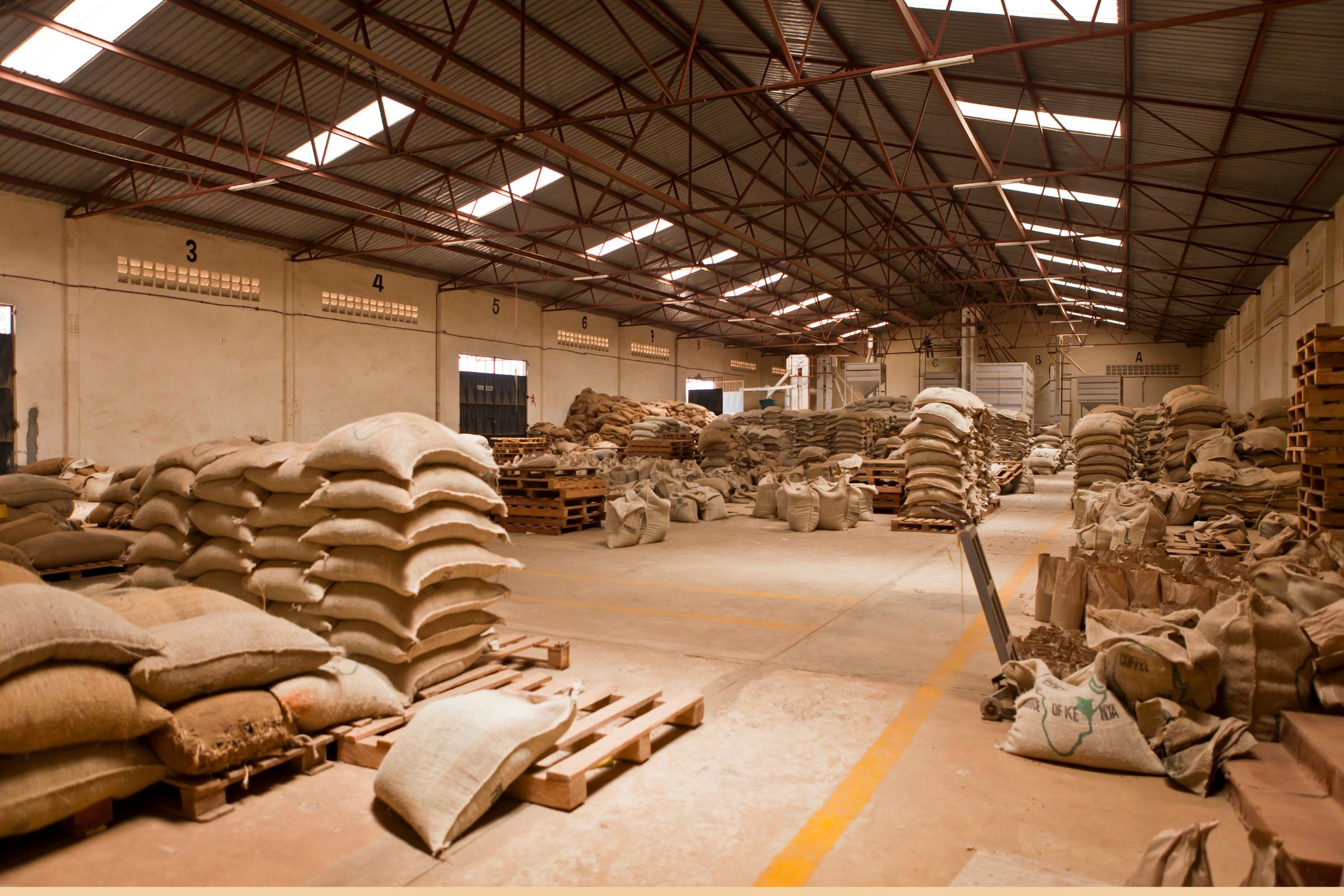
Agricultural warehousing has several advantages, including maintaining product quality, decreasing spoilage, and stabilizing pricing. It encourages good supply chain management, ensures regular market supply, reduces post-harvest losses, and enhances farmers’ access to markets and storage facilities.
Agricultural warehousing is an essential part of the agricultural supply chain, guaranteeing the safe storage of crops, livestock feed, and farming equipment. It maintains product quality and extends shelf life, lowering spoilage and loss. Agricultural storage promotes market price stability and assists farmers in meeting consumer demand on a constant basis by allowing for effective inventory management and timely distribution.
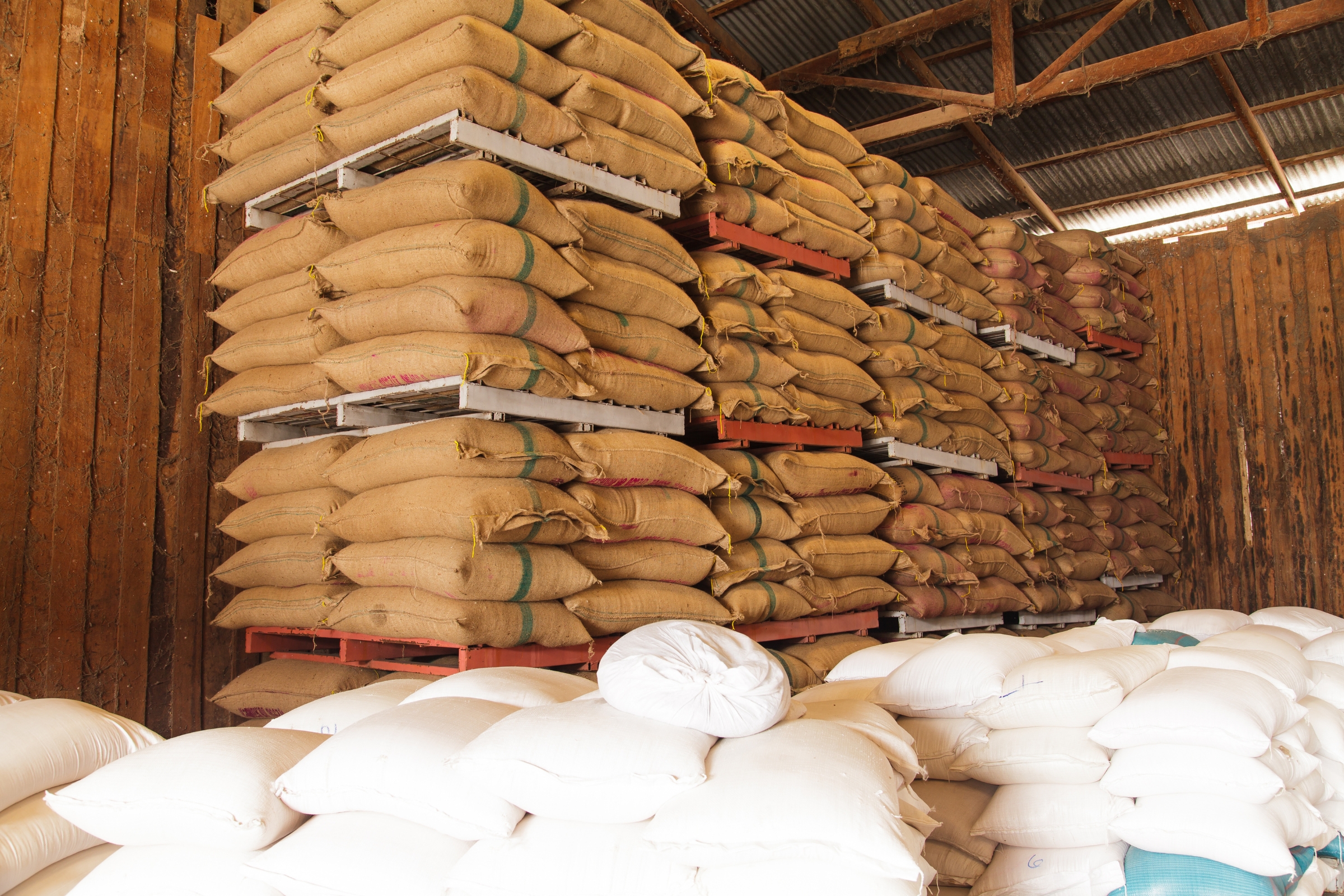
Feasibility Report Sample On Agricultural Warehousing
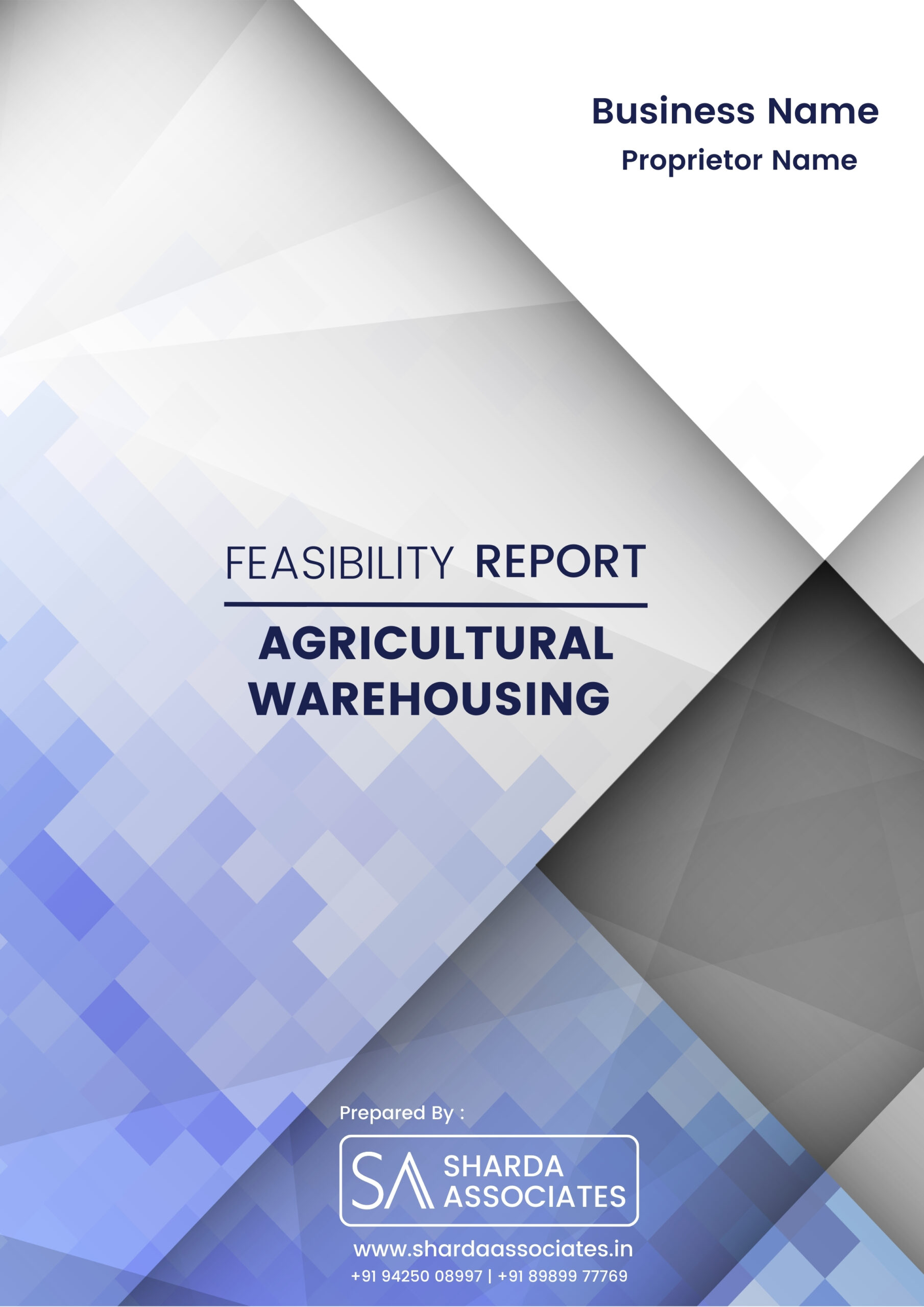
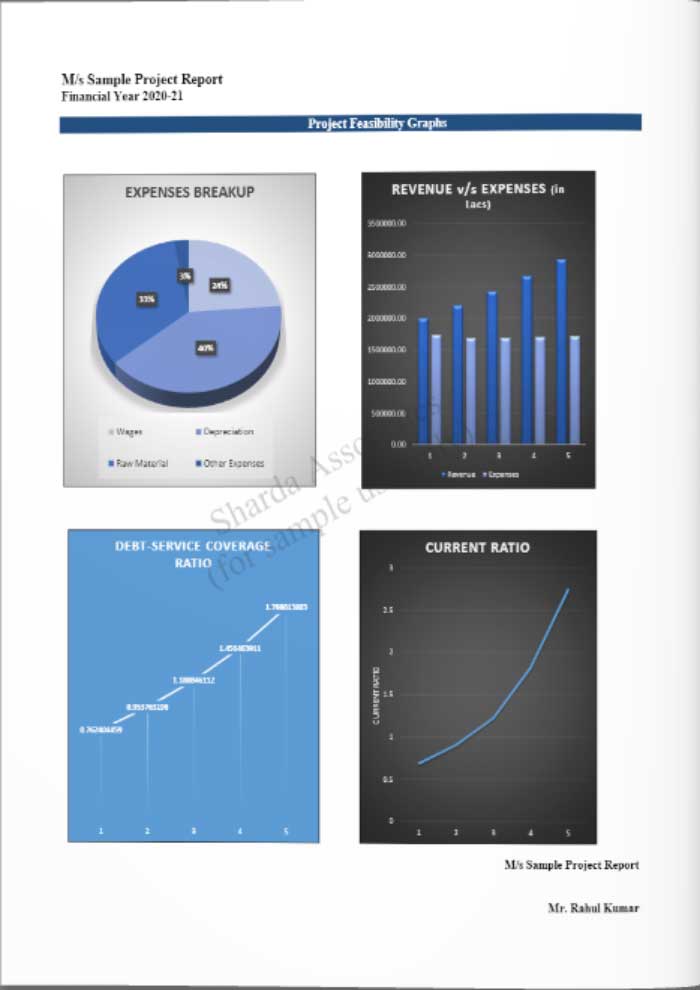
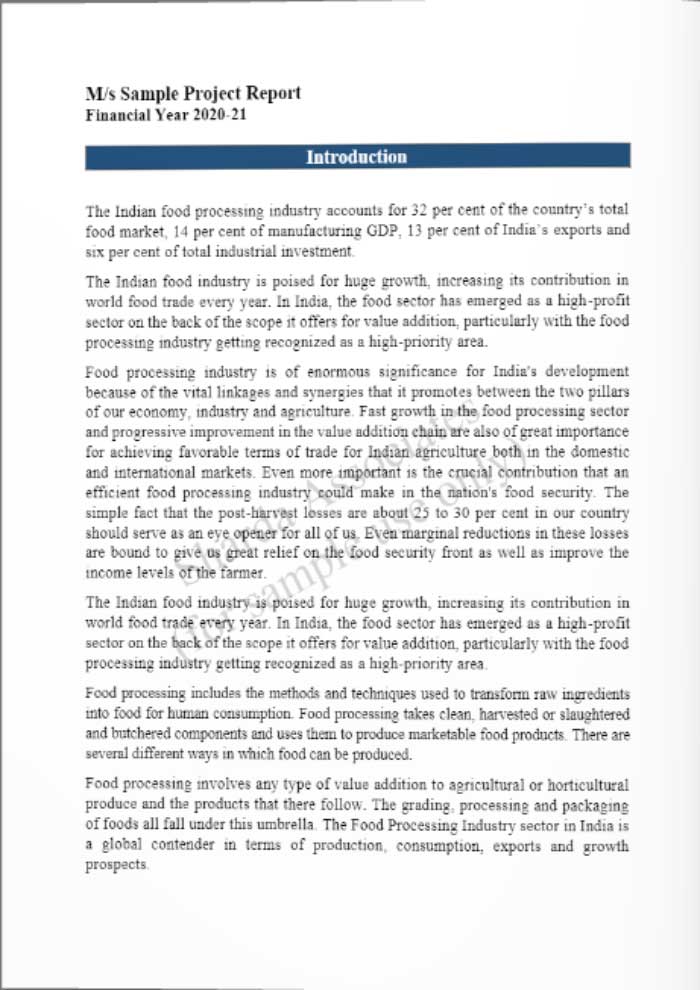
Market Strategy of Agricultural Warehousing
In 2022, the global agricultural warehousing services market is expected to be worth USD 26 billion. According to our research, the market is estimated to reach USD 36 billion by 2029, with a 5.6% CAGR throughout the forecast period.
Agricultural product warehousing services encompass a wide range of facilities designed to store and manage perishable goods such as vegetables, fruits, poultry, meat, fish, and dairy products. These services play a crucial role in assuring the quality and safety of agricultural products as they move from farms to customers’ tables. Advanced technology, temperature-controlled settings, and efficient logistical processes are employed to keep things in the best possible condition, reducing spoilage, maintaining freshness, and improving shelf life.
The growth of this industry can be attributed to a number of factors. For instance, rising global population and urbanization have boosted demand for fresh and processed foods, necessitating efficient storage and transportation systems. Furthermore, the growth in international agricultural trade has created a demand for well-equipped warehousing facilities to ensure smooth cross-border transit. Furthermore, as consumers become more aware of food safety and quality requirements, producers and distributors are investing in trustworthy warehousing services to meet these demands.

